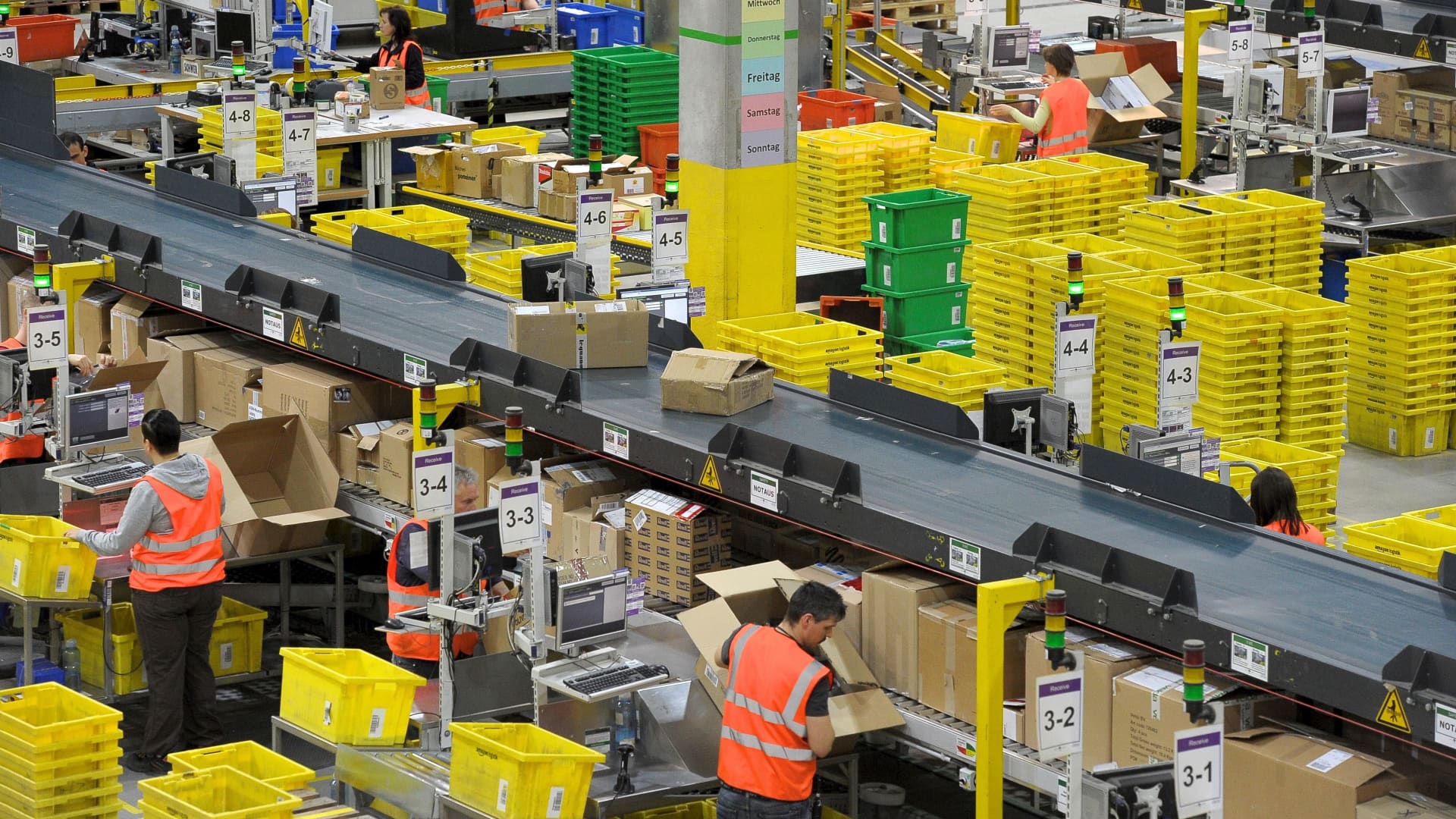In April of last year, the EU began legislating the Digital Services Act (DSA), which was agreed by the European Parliament and EU member states to regulate online platforms. The main focus of the DSA is to prevent the indiscriminate reproduction of false information and hate speech through online platforms. The Regulatory Guide for Platform Operators identifies platforms with annual revenues in excess of €6.5 billion and 45 million users in more than three EU countries as gatekeepers. In effect, it takes aim at U.S. platform giants like Amazon, Google, and Meta. Prior to the full implementation of the Digital Services Act, Amazon was the first to file a complaint of unfair enforcement. Amazon challenged its classification as a very large online platform (VLOP), arguing that the regulation applies to companies that rely on advertising as their primary source of revenue and distribute voice and information.
EU는 지난해 4월 온라인 플랫폼 규제를 위해 유럽의회와 EU 회원국들의 합의를 거쳐 디지털서비스법(DSA)의 법제화를 시작했다. 주요 내용으로는 온라인 플랫폼을 통해 허위정보나 혐오발언들이 무차별 확대 재생산되는 부작용을 막는 데 초점을 맞추고 있다. 플랫폼 사업자 규제 가이드는 연매출 65억 유로, 이용자 4500만 명을 웃돌면서 EU 3개국 이상에서 사용되는 플랫폼을 게이트키퍼(문지기)로 지정했는데 사실상 아마존과 구글, 메타와 같은 거대 미국 플랫폼 회사들을 겨누고 있다. 디지털서비스법의 본격적인 시행에 앞서 아마존이 먼저 불공정 단속의 탄원서를 제출했다. 아마존은 이러한 규제가 광고를 주 수입원으로 하고 음성과 정보를 배포하는 회사에 적용된다며, 자사가 초대형 온라인 플랫폼(VLOP)으로 분류되는 것에 대해 이의를 제기했다.


소셜댓글